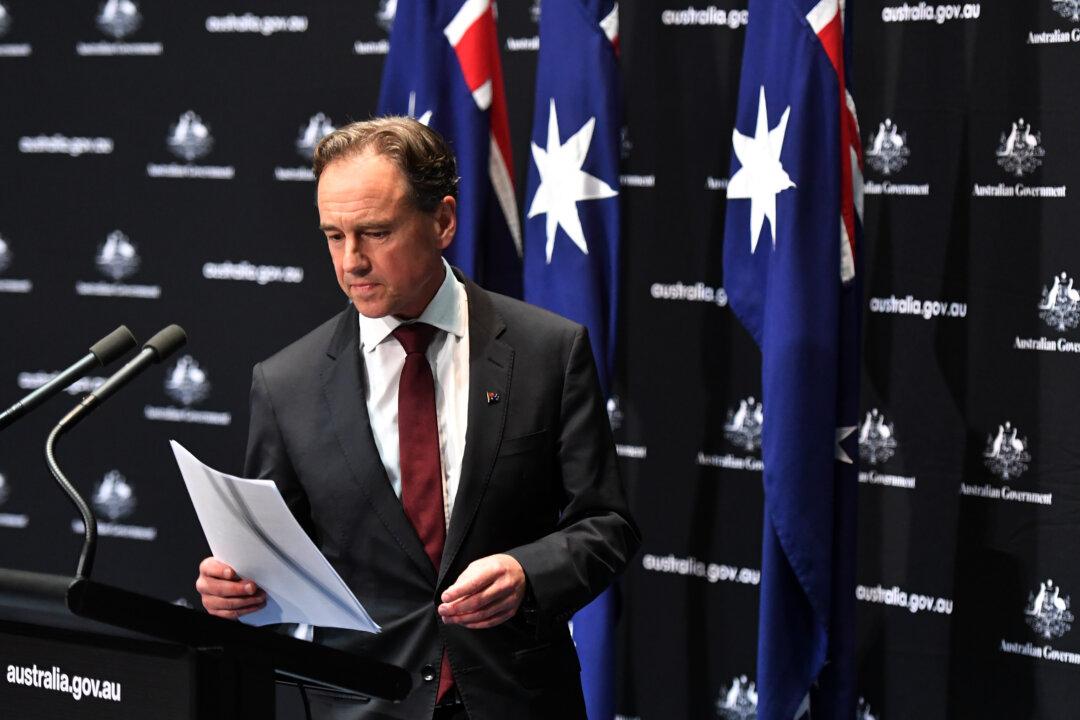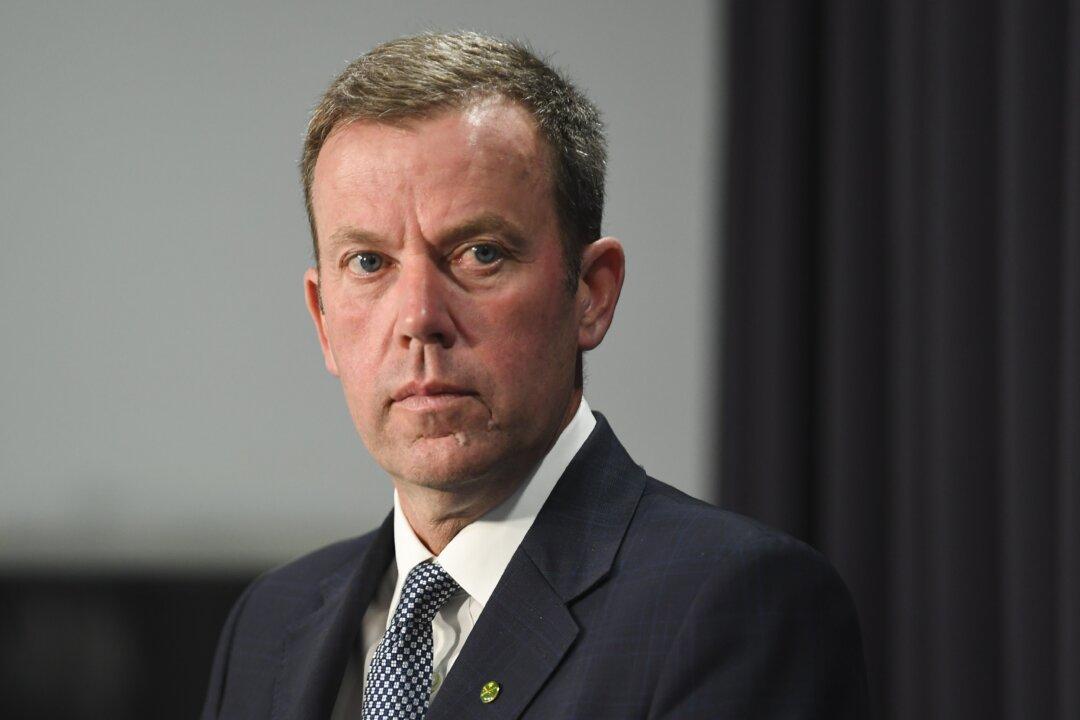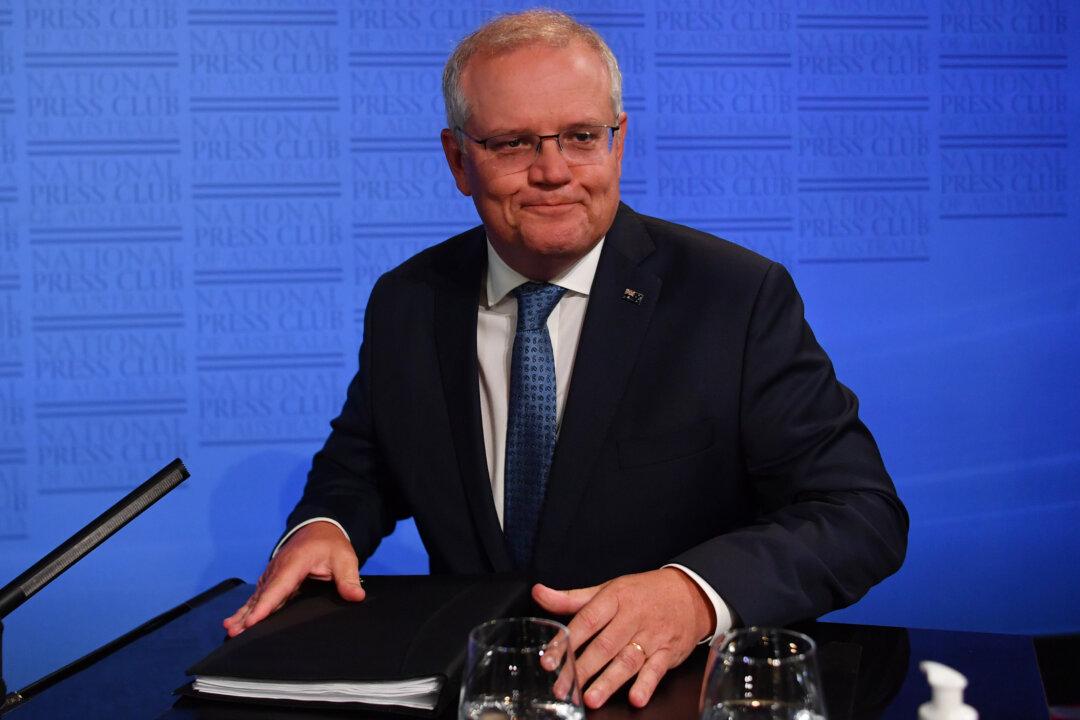Federal Health Minister Greg Hunt has said that Australia will not rush plans to roll out a COVID-19 vaccine after the United Kingdom fast-tracked an emergency approval of Pfizer’s mRNA jab.
“Our advice remains that the timeline for a decision on approval is expected by the end of January 2021, and our planning is for first vaccine delivery in March 2021,” Hunt said in a statement on Dec. 3 while welcoming the UK’s decision.





